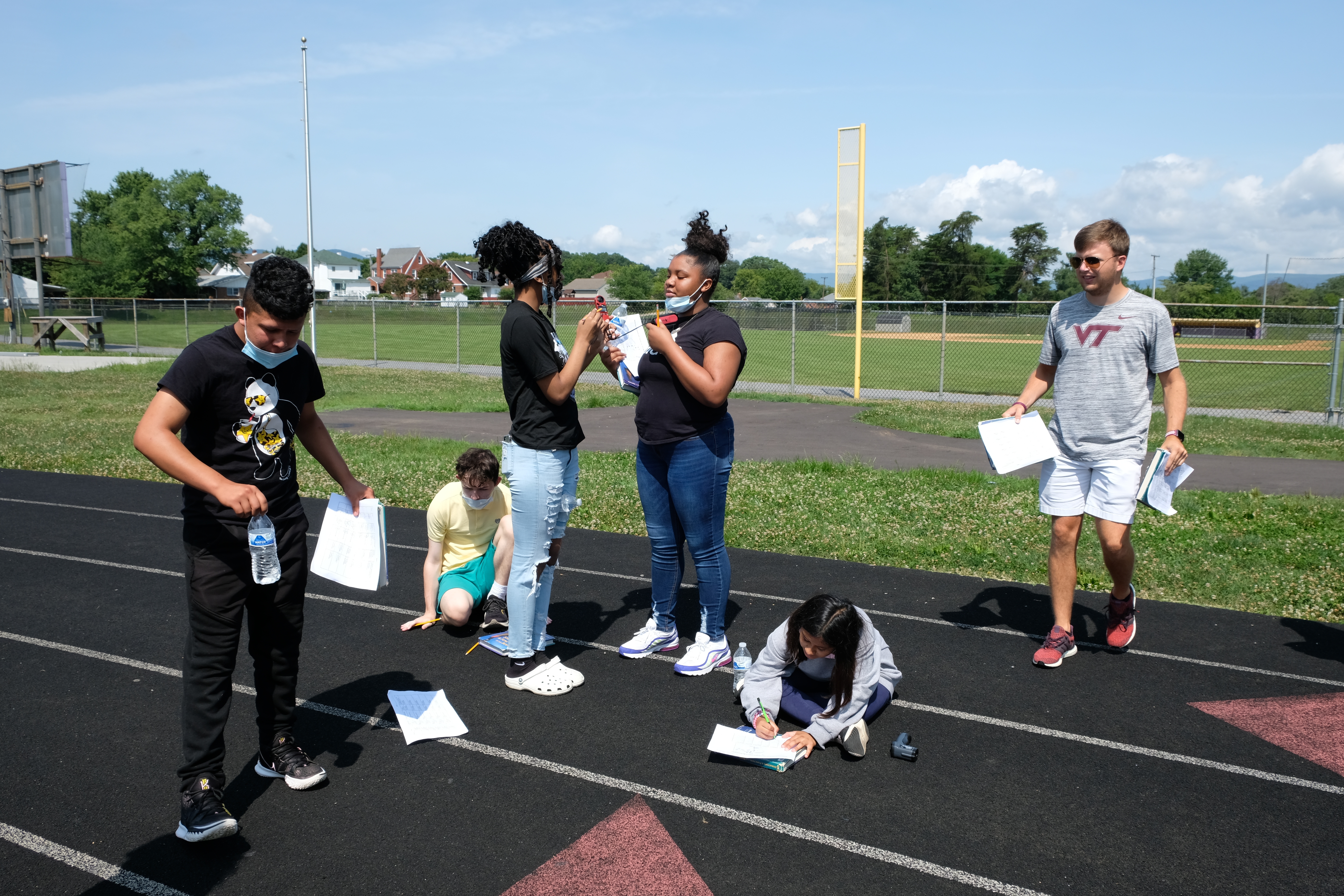NOAA Award for Building Heat Resilience Includes Virginia Tech Faculty from the School of Public and International Affairs
June 1, 2022

Publication Date: June 1, 2022
Over the next two years, the Building Heat Resilience in Southwestern Virginia through Education project, funded by the National Oceanic and Atmospheric Administration (NOAA) for $316,777, will identify and strengthen resilience pathways for dealing with long-term, higher temperatures and emergency heat waves using combined urban planning and public health approaches.
The project team, led by Carilion Clinic in partnership with Virginia Tech, Virginia Clinicians for Climate Action (VCCA), and the City of Roanoke, will enhance environmental literacy and strengthen climate resilience in Southwest Virginia by building a cross-sector urban heat resilience environmental literacy network. The network will engage with the public education system, students and families, community health professionals, and city government.
Virginia Tech faculty involved in the project include Dr. Theo Lim, Assistant Professor in Urban Affairs and Planning, who will lead a STEM+ education component, and program evaluators, Dr. David Moore and Lara Nagle, Research Scientists with the Institute for Policy and Governance.
Of all weather-related disasters, heat waves cause the most deaths every year in the United States. Climate change has increased the frequency and intensity of extreme heat events. In urban areas, heat exposure and risk are highly related to the built environment and the everyday lived experiences of urban residents. Building heat resilience, which is the capacity for communities to adapt to and cope with higher temperatures and heat waves, requires a comprehensive and place-based approach. This approach includes education about risk factors, consequences of heat on health and livability, as well as potential short-term and long-term actions that residents can take to reduce their risk.
The project will extend and expand Dr. Lim’s previous engagement with Roanoke youth during a two-week STEM+ and Heat Resilience summer school program for middle school students, to involve the community more broadly. Through the STEM+ curricula, students co-produce neighborhood-specific heat adaption plans that address resident concerns in the City of Roanoke and improve environmental literacy around the problem of urban heat as both an acute and chronic issue.
Dr. Lim and project partners will work with teachers and administrators in the Roanoke City Public School system to incorporate the STEM-Urban Planning-based curriculum so that more students can benefit from it. Using youth education as an entry to engage the broader community, the project will also host a family-based STEM-Urban Planning Family Summit, which will inform residents about urban planning processes and how changes to urban landscapes can make neighborhoods cooler, more comfortable, and more resilient to rising temperatures.
Dr. Lim is excited to incorporate science into the lives of middle school students.
“I look forward to continuing to work with Roanoke City Public Schools to integrate place-based STEM programs into their curriculum,” Lim said. “Through our partnership, middle school students will get to use technologies to understand environmental determinants of temperature, at the same time that they learn about the relevance of temperature to their communities and neighborhoods. We try to make science more relevant to their lives through urban planning exercises, which also increases their awareness of ways they may represent their communities in civic processes.”
The project will also build capacity among health professionals and integrate them into community planning by engaging Carilion clinicians, community educators, and community health workers to participate in an educational training to learn more about the impacts of climate and health in the region and provide information to more clinicians, patients, and community members.
The urban planning and public health components to increasing heat resilience will culminate in a Heat Resilience Fair, where project participants will present ideas and solicit feedback from the broader community. The solicited ideas will be incorporated into the city’s planning processes, enabling the formalization of long-term goals for public health and the built environment with respect to rising temperatures.
Dr. Moore is appreciative of the collective effort of the project partners to address the multifaceted nature of extreme heat.
“Collaborative projects with lots of partners can be really challenging sometimes,” Moore said. “It is gratifying to see Carilion Clinic, Roanoke City, VCCA, and multiple units within Virginia Tech come together to create this opportunity.”


